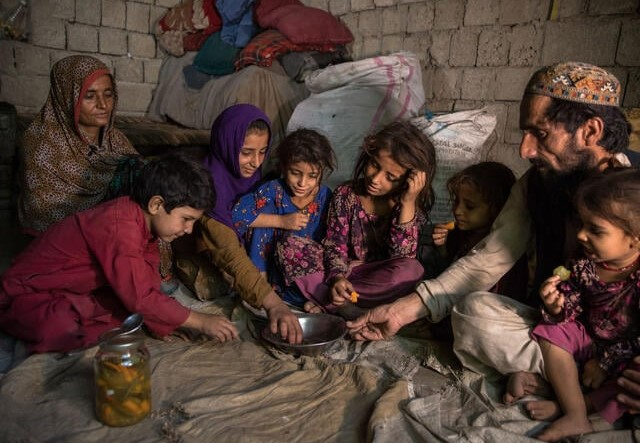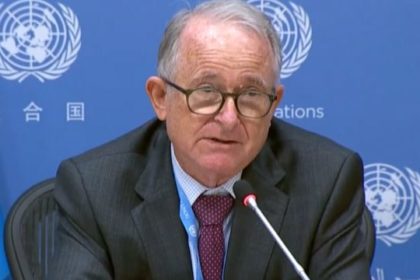RASC News Agency: In a seismic shift that underscores the deepening complexities of Afghanistan’s political landscape, the Taliban administration has reportedly suspended the operations of 45 U.S.-funded institutions across 28 provinces. A high-ranking Taliban source, speaking on condition of anonymity, disclosed to media outlets on Monday, January 27, that these organizations primarily engaged in healthcare and humanitarian aid were effectively shut down the previous day. The suspension, slated to last for three months, has rendered countless employees jobless, further exacerbating the nation’s economic fragility. This development aligns with former U.S. President Donald Trump’s executive order to freeze foreign aid for 90 days a move that has sent ripples across Afghanistan’s already volatile socio-political ecosystem. The Taliban, long accused of maintaining covert intelligence ties with Washington and benefiting from weekly multimillion-dollar cash injections, have consistently denied such allegations. However, the abrupt cessation of U.S. financial support has visibly weakened the group’s grip on Afghanistan’s economic infrastructure, leading to a loss of control over key markets.
While the majority of Afghanistanis, including influential leaders and informed observers, have long been aware of the Taliban’s intricate alignment with U.S. strategic interests in the region, the group’s dual identity as a religious-intelligence entity has cemented its role as a linchpin in the broader geopolitical chessboard. The Taliban are widely perceived as a critical component of multinational projects spearheaded by global powers, including the U.S., Russia, China, Iran, Pakistan, Arab states, India, and the UK all vying for influence in Afghanistan and the wider region. Despite the Taliban’s triumphant rhetoric, proclaiming victory over the U.S. in Afghanistan’s protracted and bloody conflict, the reality remains far more nuanced. The U.S. maintained a robust network of 45 intelligence and political entities in the country, directly funded and supported by Washington. This suspension of operations marks a pivotal moment in the ongoing struggle for control, signaling a potential recalibration of alliances and power dynamics in a nation long caught in the crossfire of global ambitions.
As Afghanistan teeters on the brink of yet another chapter in its tumultuous history, the suspension of these institutions serves as a stark reminder of the fragile interplay between local governance and international influence a narrative that continues to unfold with profound implications for the region and beyond.






